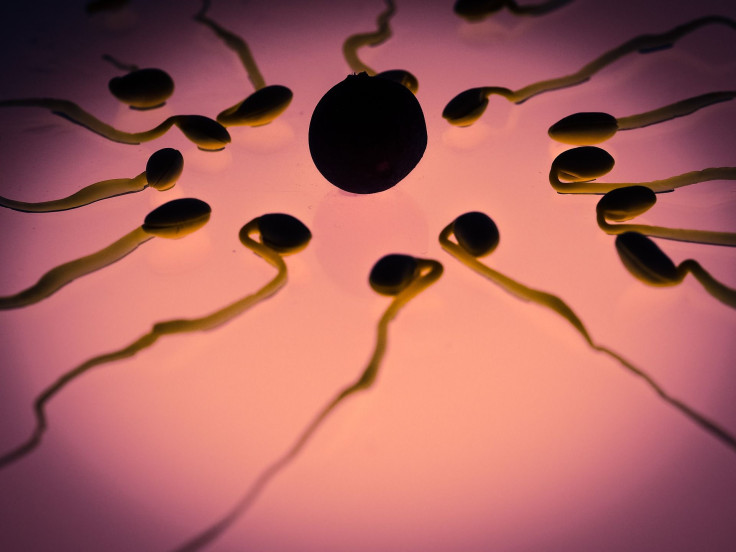Sperm's 'Secret Handshake' To Uterus Key To Suppressing Female's Immune Response

In a new study published in the Journal of Biological Chemistry, molecular anthropologist Pascal Gagneux suggests how the sperm suppresses the female body’s immune response. They also suggested that there is a benefit to the sperm cull.
Research at Gagneux’s lab at the University of California, San Diego, revealed of a “secret handshake” between sperm and the cells lining the uterus.
Gagneux and colleagues explained in their study that the uterine cells express a receptor that recognizes a glycan molecule on the surface of sperm cells. This interaction adjusts the woman’s immune response and essentially lifts the protective barrier and allows the sperm to get through.
This phenomenon known as leukocytic reaction is not well understood, but researchers said that, after crossing the cervix, the sperm cells that enter the uterus are attacked by the immune system, killing majority of them. This reduces the number of sperm cells from million into a few hundred that make it to the fallopian tubes.
The researchers said that this defensive response could help prevent polyspermy, which happens when the egg is fertilized by more than one sperm and cannot develop.
The researchers initially thought that the glycans may be involved in the interactions with innate immune cells known as neutrophils. This is because sperms are naturally coated with sialic acid and the innate immune system uses sialic acid to distinguish human cells from invaders.
Gagneux and colleagues, however, found that the neutrophils did not seem to recognize much difference between sperm with and without sialic acid.
They also observed sialic acid binding receptors called siglecs on endometrial cells. Gagneux said that this binding interaction may help the sperm overcome the female body’s immune response. It may also be a means for the uterine cells to filter out faulty sperm.
“Our results indicate that sperm sialic acids may interact with endometrial Siglecs and that these interactions facilitate sperm survival in the face of female immunity,” the researchers wrote in their study.
© Copyright IBTimes 2025. All rights reserved.





















